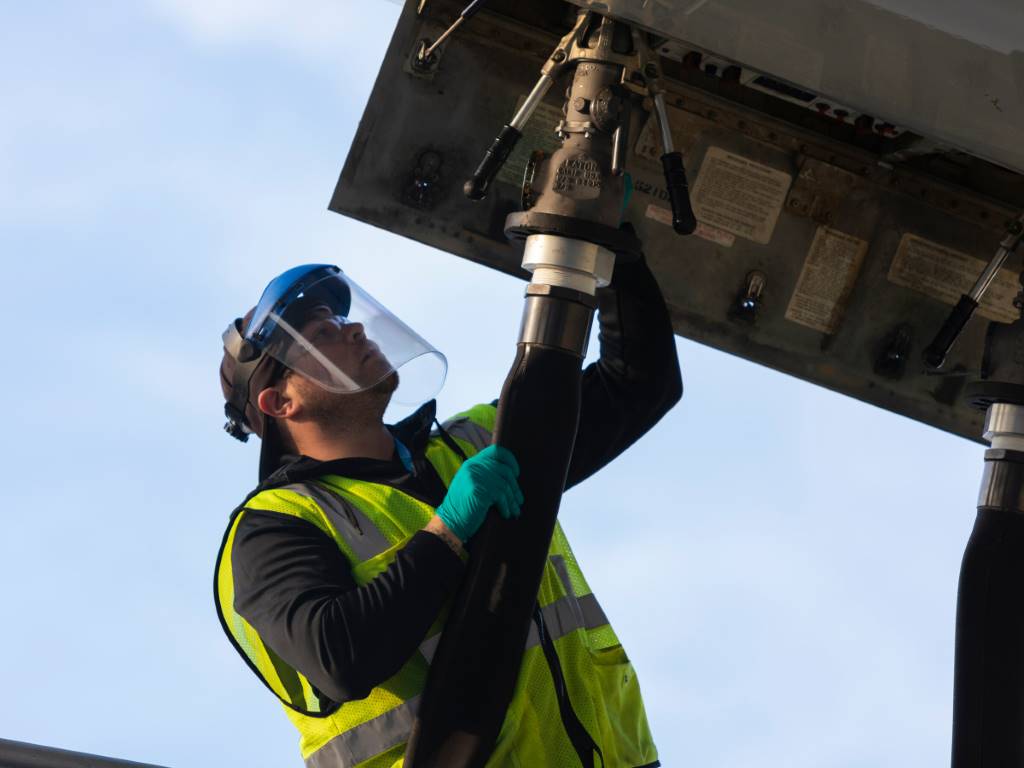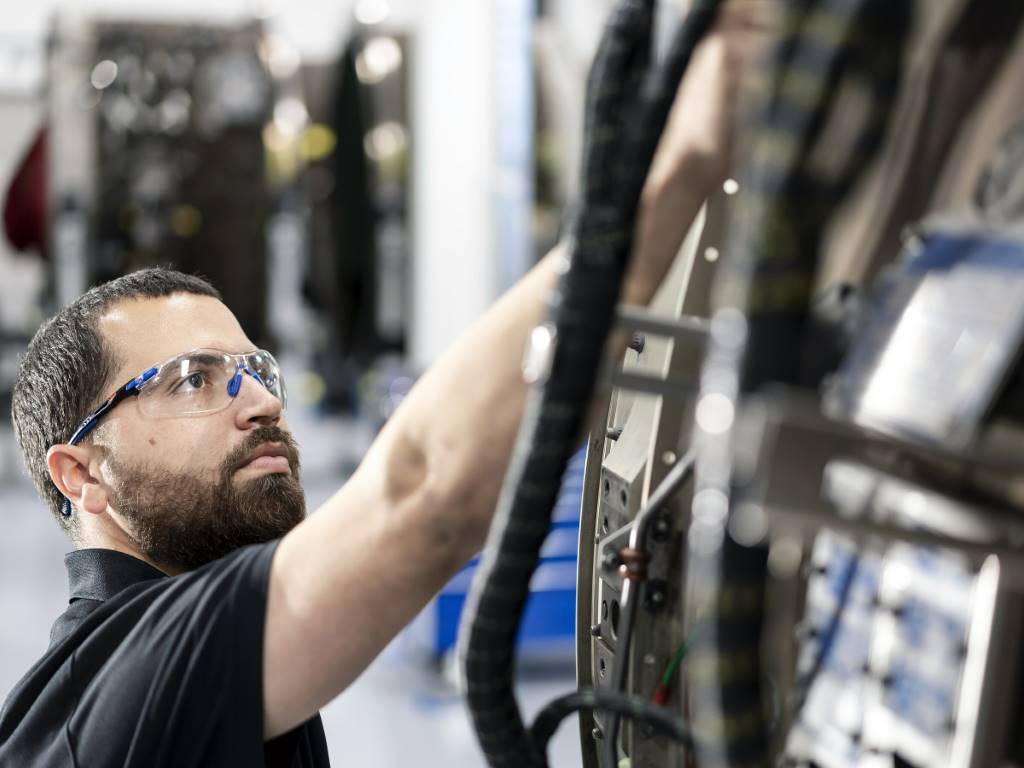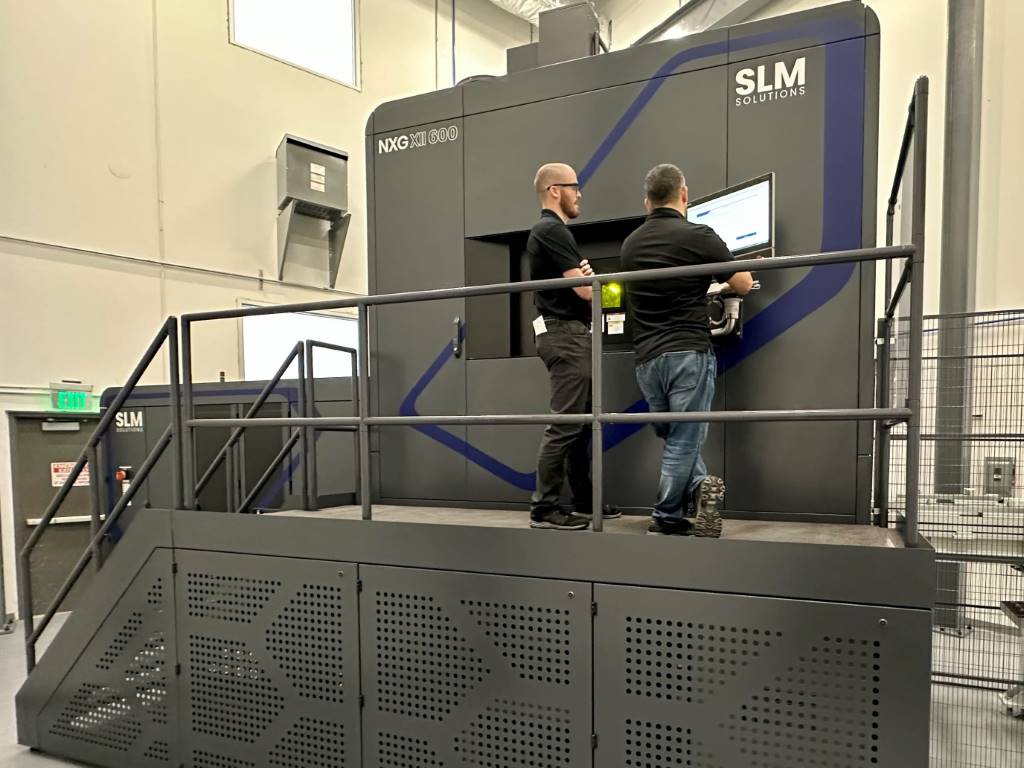Onwards and upwards
Ian Lucas, the Minister for Business at the Department for Business, Innovation and Skills (BIS) reflects on societal and the aviation industry responsibility to cut carbon emissions
in order to avoid the most dangerous effects of climate change.
All of us have a responsibility to cut carbon emissions, and in the aerospace industry improvements to engine and airframe technology, operational efficiencies and further developments towards decarbonisation of the sector will be key areas. With the current economy presenting difficulties for many companies, we need to ensure our policy framework enables businesses to invest confidently and encourages consumers to make the right low carbon decisions. Our job as government is to identify areas with significant growth opportunities, where our companies can be globally competitive, such as wing design, landing gear and fuel systems. Over the past decade, we've invested around £1.5 billion through Launch Investment in Airbus to develop more technologically advanced wings and in Rolls-Royce's Trent programme to develop new engines. We have also provided £114 million to Bombardier Aerospace and £60 million to GKN for the design and development of composite wings and components. Earlier this month, my colleague Lord Mandelson announced a £340 million investment in the A350 XWB, Airbus' new greener, lighter aircraft. We will also provide an additional £50 million to support a number of high quality Airbus led projects to further bolster the UK's position as a leading wing supplier. We recently announced grants for business investment of £45 million to Rolls-Royce which will see it build four new factories in the UK. A further £45 million will enable the company to accelerate the development of technologies critical to the development of low carbon aero engines. Furthermore, £40 million will be invested in SAMULET, a collaborative aerospace project led by Rolls-Royce, focused on productivity and environmental improvements. The programme is supported by £28.5 million of funding from the Technology Strategy Board and £11.5 million from EPRSC. Under the National Aerospace Technology Strategy (NATS) we have a number of key large demonstrator programmes, with over £270 million of government funding committed to date. The allocation of an additional £45 million for low carbon engine aircraft programmes and £50 million for advanced wing programmes, to be delivered through the Technology Strategy Board, will place our companies in a stronger position to develop key low carbon technologies. We are also supporting the £100 million Next Generation Composite Wing programme, which is developing the technologies for rapid and reliable composite wing manufacture and assembly. This programme will help sustain the UK as a centre of excellence in wings and pylons. We must also ensure our workers have the skills needed to compete in this new low carbon market. To do that, we need the industry to communicate its needs so we can start to build more effective professional bodies and ensure that graduates are leaving academia with the skills they need to progress in the low carbon economy. We are taking steps towards this by merging the Department for Business, formerly BERR, with the Department for Innovation, Universities and Skills (DIUS) so we can ensure Higher Education policy incorporate the skills and demands of business. The SBAC (now the A|D|S), working closely with the Sector Skills Council for Science, Engineering and Manufacturing Technologies (SEMTA), the National Skills Academy for Manufacturing (NSAM), and other key stakeholders are currently collaborating on a Sector Skills Agreement to ensure the industry's skills needs – both today and in the future – are met. An innovative strategic workforce planning tool is currently being tested with several companies. By the end of the year we aim to have the results from 200 companies as part of the development of an Aerospace Skills Roadmap. Innovative, first class manufacturers are an essential part of our aerospace industry. The transition to low carbon will bring many opportunities and it is important British companies are positioned to take the lead in this market. www.berr.gov.uk













